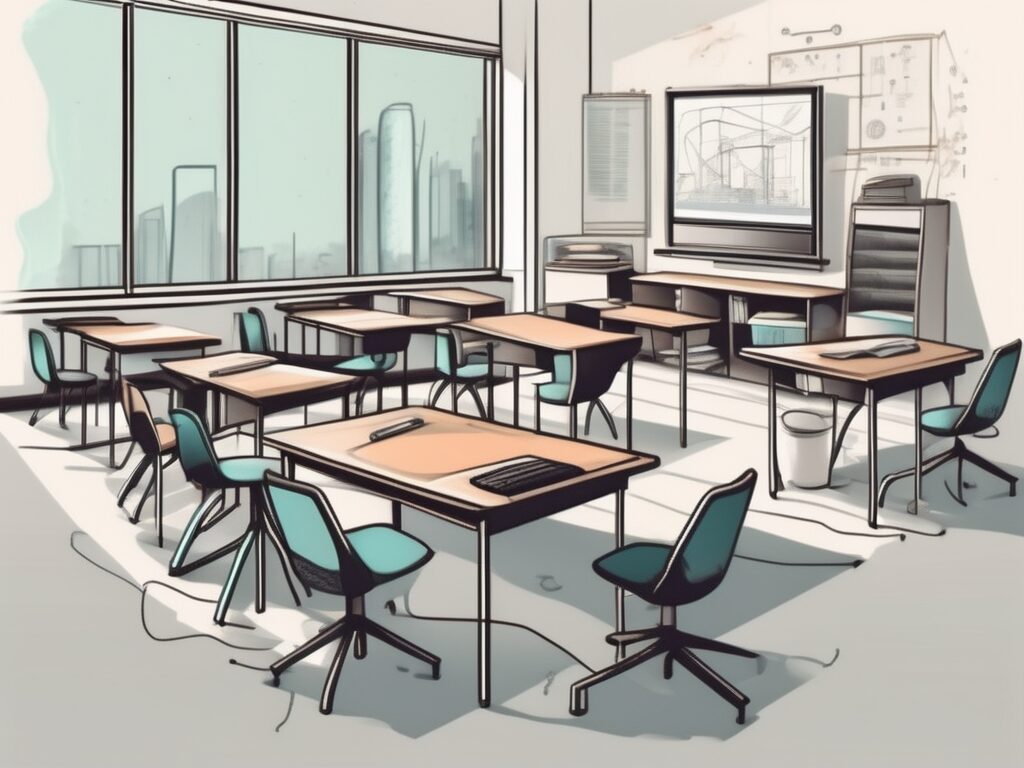Education inequality is a global issue that affects many countries, including Singapore. Despite its reputation for having one of the best education systems in the world, Singapore is not immune to the challenges of education inequality. As a teacher with a Master’s in Education, understanding these inequalities can provide valuable insights into the complexities of the education system and how to address them. In this blog, we delve into five key insights into education inequality in Singapore.
1. Socioeconomic Factors and Education Inequality
The Impact of Socioeconomic Status
Socioeconomic status plays a significant role in education inequality in Singapore. Families with higher incomes can afford more resources for their children, such as private tuition and enrichment classes, giving them an edge in the highly competitive education system. In contrast, children from lower-income families may not have access to these resources, which can affect their academic performance.
Government Initiatives to Bridge the Gap
The Singapore government has implemented various initiatives to address this issue. For example, the Edusave Scheme provides financial assistance to lower-income students for enrichment programmes and school fees. However, while these initiatives have made some progress in reducing education inequality, there is still a significant gap to be bridged.
2. Streaming and Its Effects
What is Streaming?
Streaming is a practice in Singapore’s education system where students are grouped based on their academic abilities. This is done with the intention of tailoring the curriculum to suit the learning pace and abilities of different groups of students. However, this practice has also been criticised for contributing to education inequality.
The Downside of Streaming
Streaming can lead to a self-fulfilling prophecy where students labelled as ‘less capable’ may internalise this label and perform accordingly. This can widen the academic gap between students and contribute to education inequality. A comparison can be drawn with the Finnish education system, where streaming is not practised, and students of different abilities learn together, leading to less pronounced education inequality.
3. Language Barriers
The Role of English in Singapore’s Education
English is the medium of instruction in Singapore’s schools, which can pose a challenge for students who come from non-English speaking backgrounds. These students may struggle to keep up with their peers due to language barriers, leading to disparities in academic performance.
Addressing Language Barriers
The Singapore government has put in place measures to help students overcome language barriers. For example, the English Language Learning and Reading Assistance scheme provides additional support for students who need help with English. However, language barriers remain a significant factor contributing to education inequality in Singapore.
4. The Role of Private Tuition
The Prevalence of Private Tuition
Private tuition is prevalent in Singapore, with many parents investing heavily in tuition to give their children an academic edge. However, not all families can afford private tuition, leading to a divide in academic performance between students who receive tuition and those who do not.
The Impact of Private Tuition on Education Inequality
Private tuition can exacerbate education inequality by creating an ‘arms race’ where only the families who can afford tuition can give their children the extra help they need to excel. This can lead to a widening gap in academic performance between students from different socioeconomic backgrounds.
5. The Pressure of High-Stakes Examinations
The PSLE and Education Inequality
The Primary School Leaving Examination (PSLE) is a high-stakes examination in Singapore that determines a student’s secondary school placement. The intense competition and pressure associated with the PSLE can exacerbate education inequality, as students who can afford more resources, such as private tuition, have a higher chance of performing well.
Reforms to the PSLE
The Singapore government has recognised the issues associated with the PSLE and has implemented reforms such as reducing the emphasis on examination scores. However, the pressure associated with high-stakes examinations remains a significant factor contributing to education inequality in Singapore.
In conclusion, education inequality in Singapore is a multifaceted issue influenced by various factors, including socioeconomic status, streaming, language barriers, private tuition, and high-stakes examinations. As a teacher with a Master’s in Education, understanding these issues can provide valuable insights into how to address education inequality and create a more inclusive and equitable education system.
Advance Your Teaching Career with The IQTS at UWE
As we navigate the complexities of education inequality, it’s crucial for educators to continuously develop their skills and qualifications. The International Qualified Teacher Status (iQTS) programme at UWE is designed to empower teachers like you, who are committed to creating an inclusive and equitable education system. By joining the iQTS programme, you’ll not only enhance your professional development but also increase your chances of career advancement, salary growth, and reduce feelings of professional isolation. With our flexible online study options, you can balance your work commitments while preparing for international roles and becoming more adaptable to global education systems. Make Your Next Step towards a more fulfilling teaching career with the iQTS at UWE.

